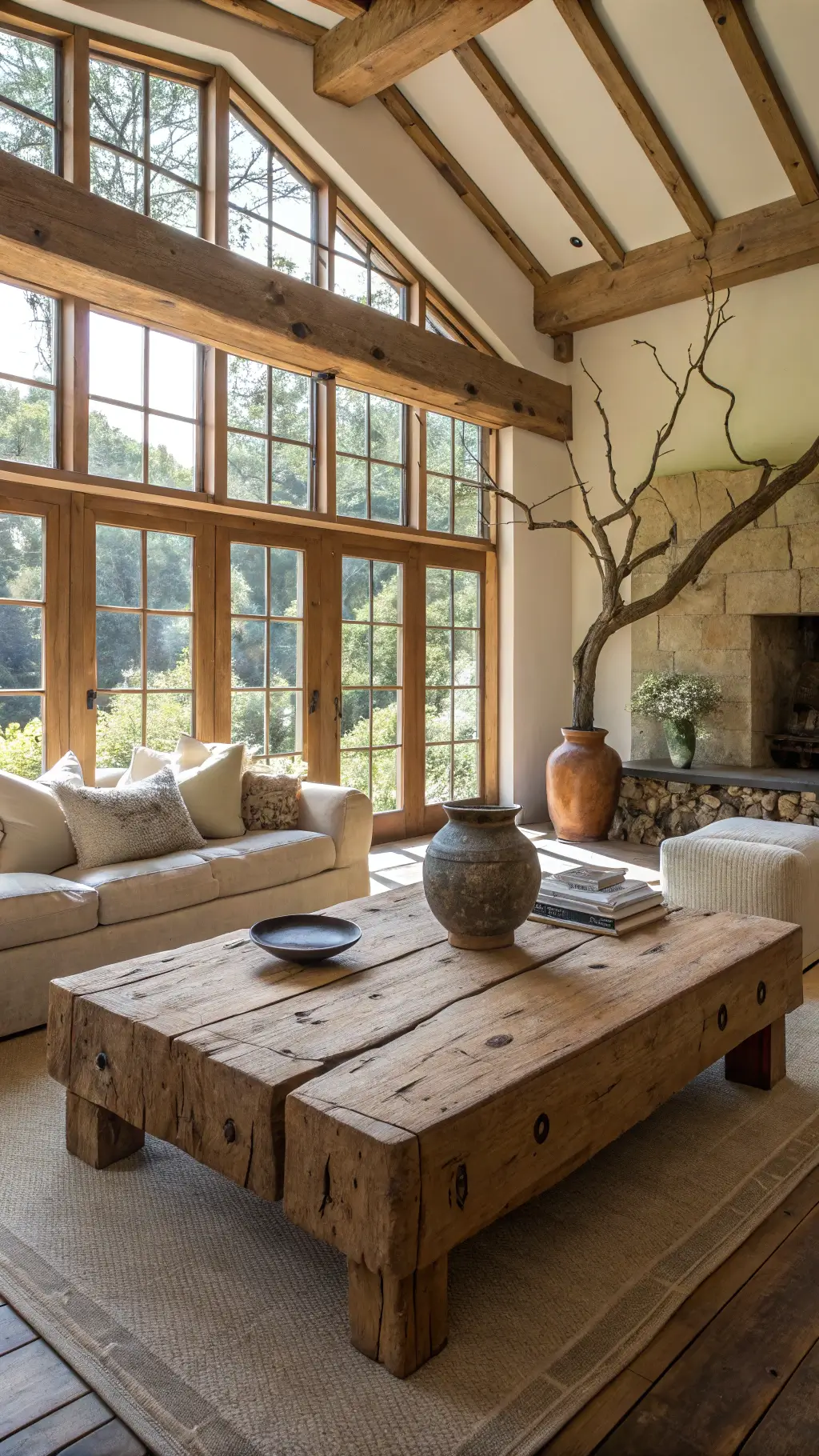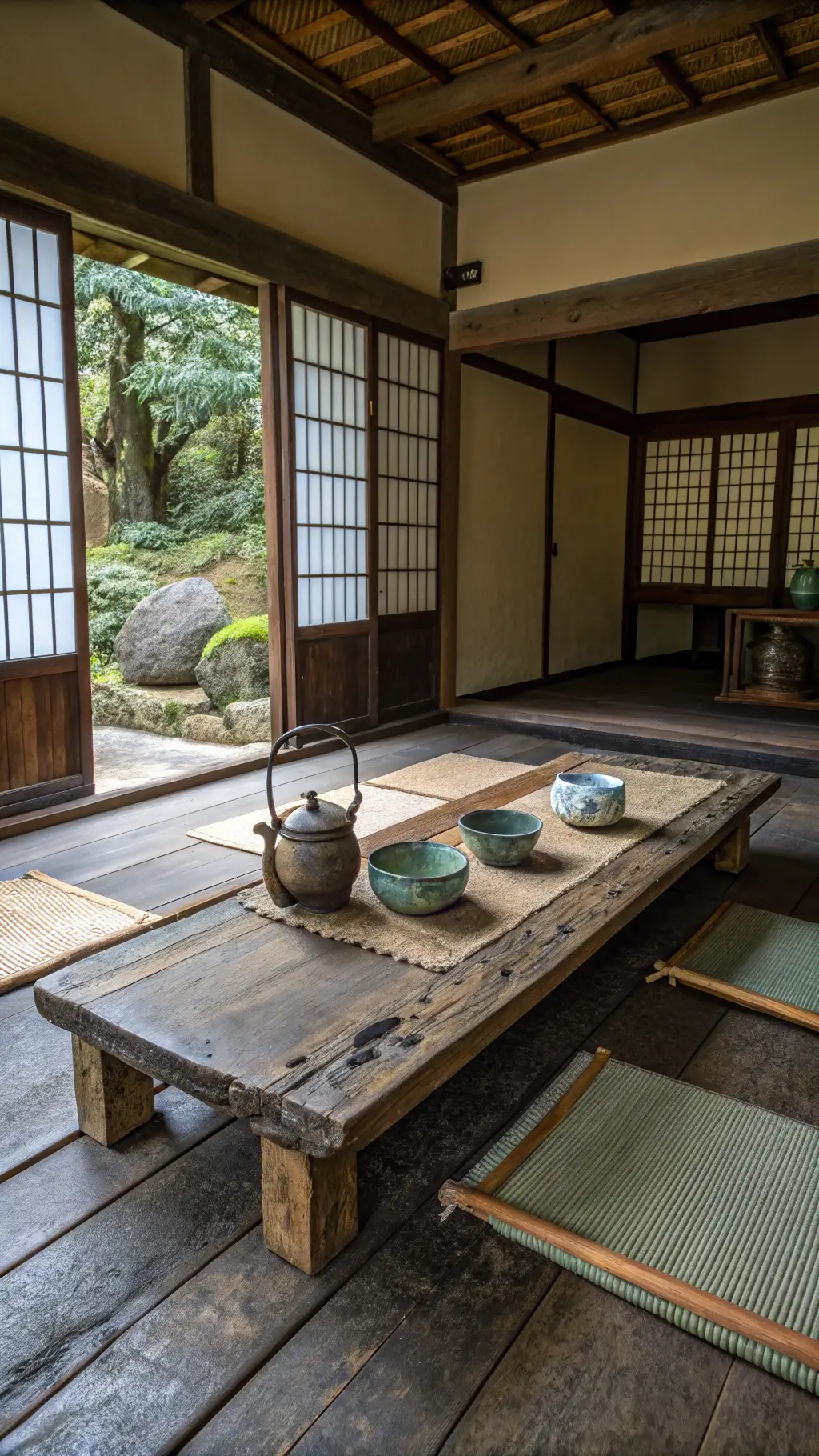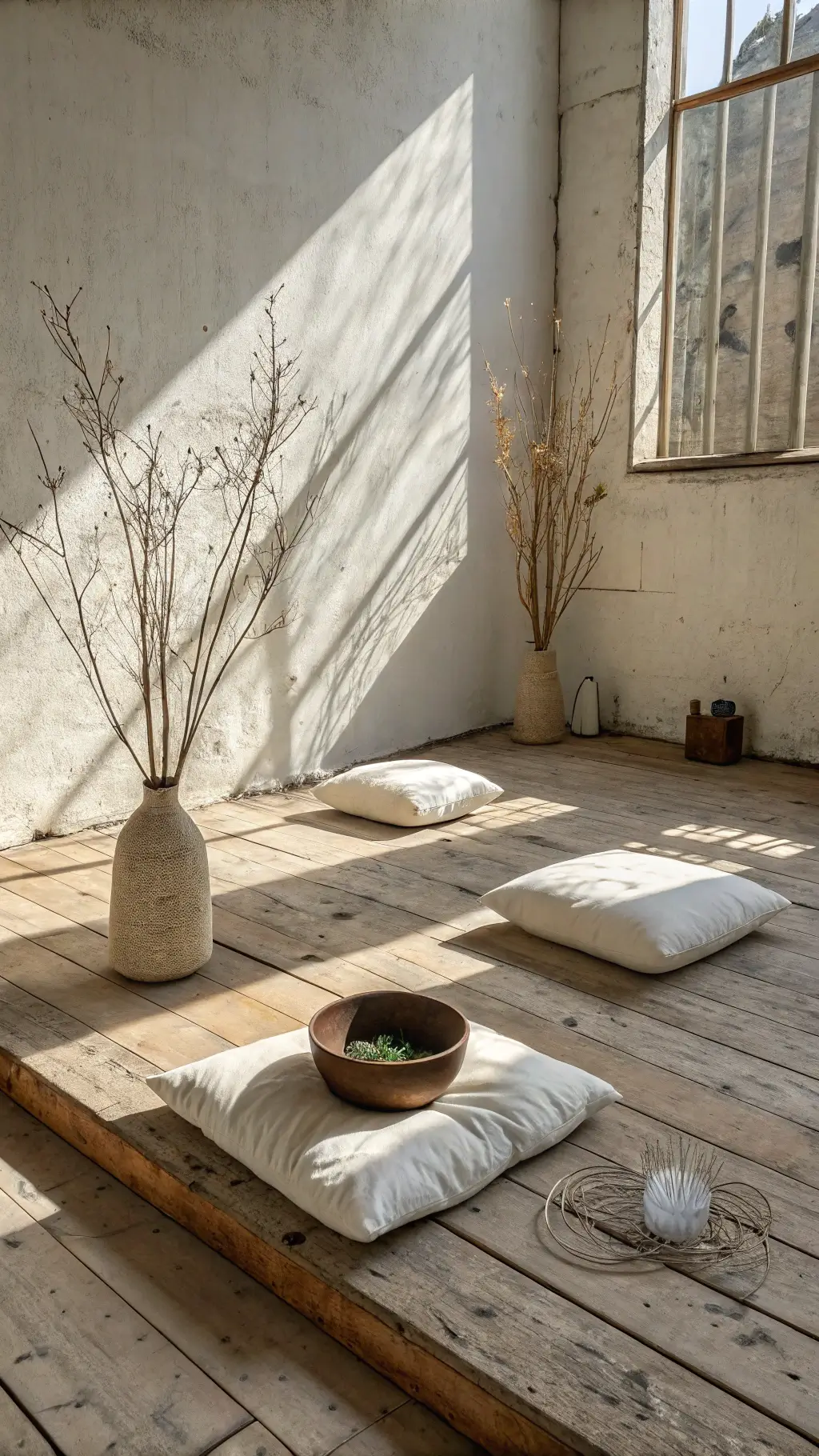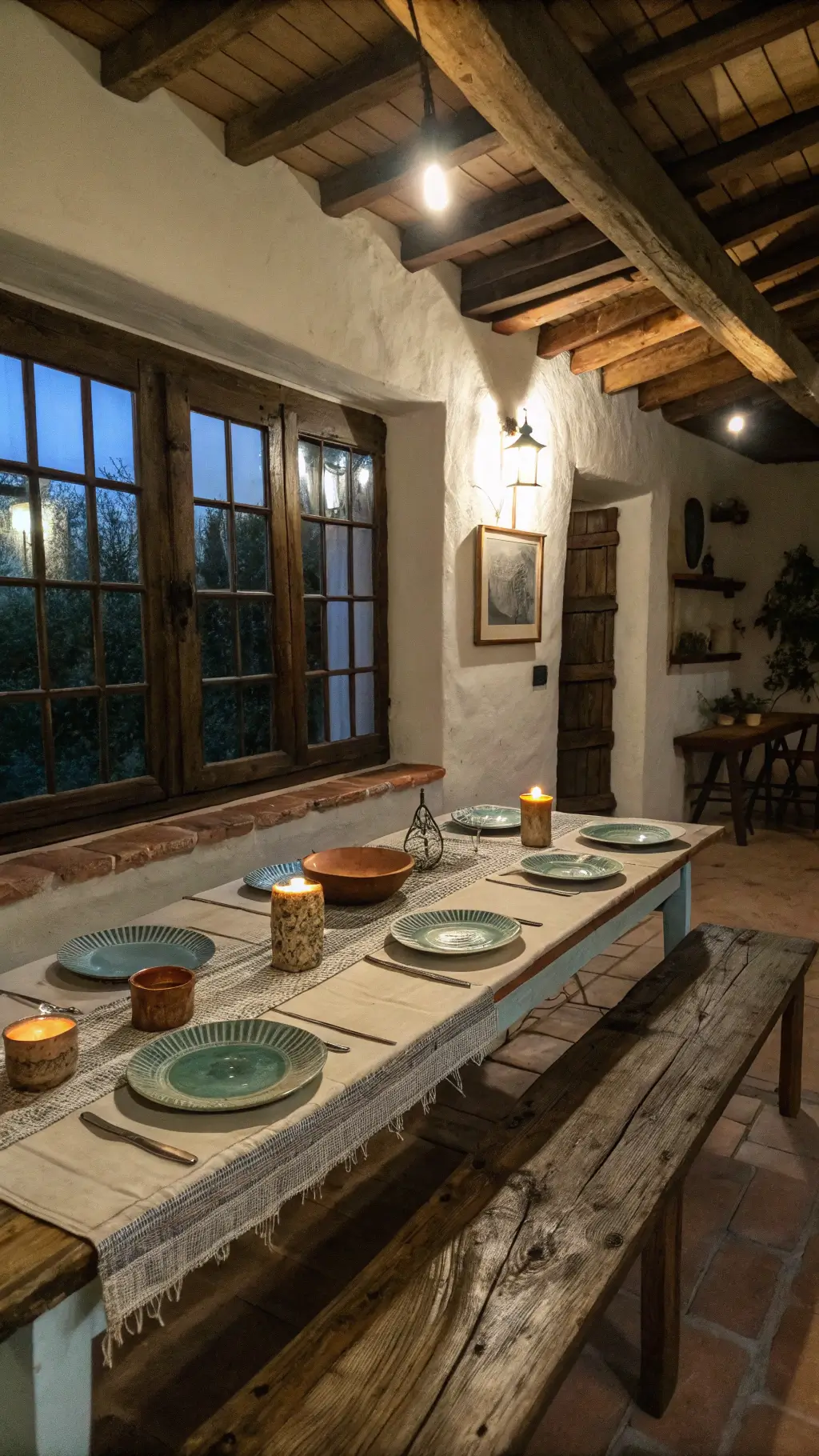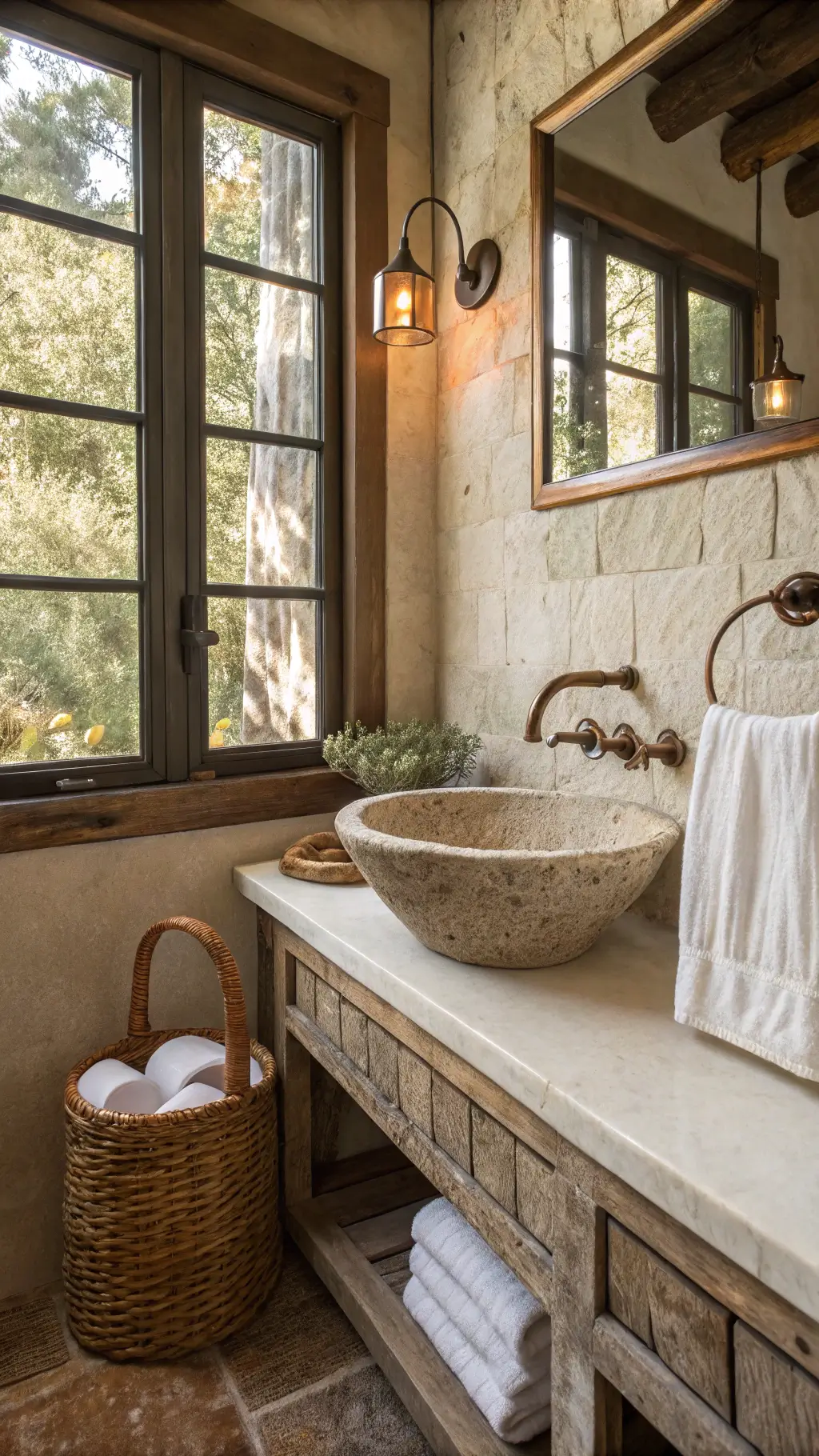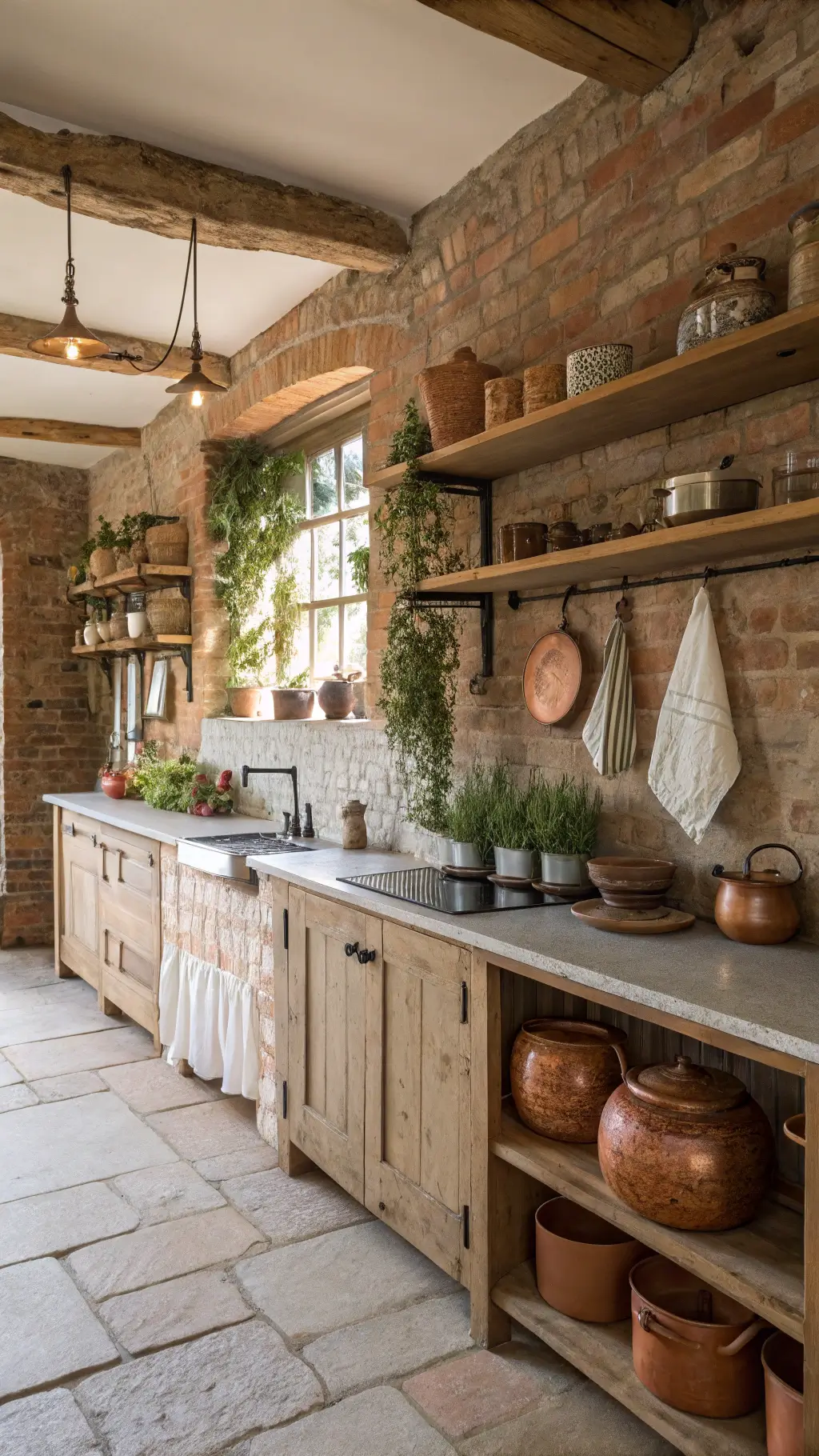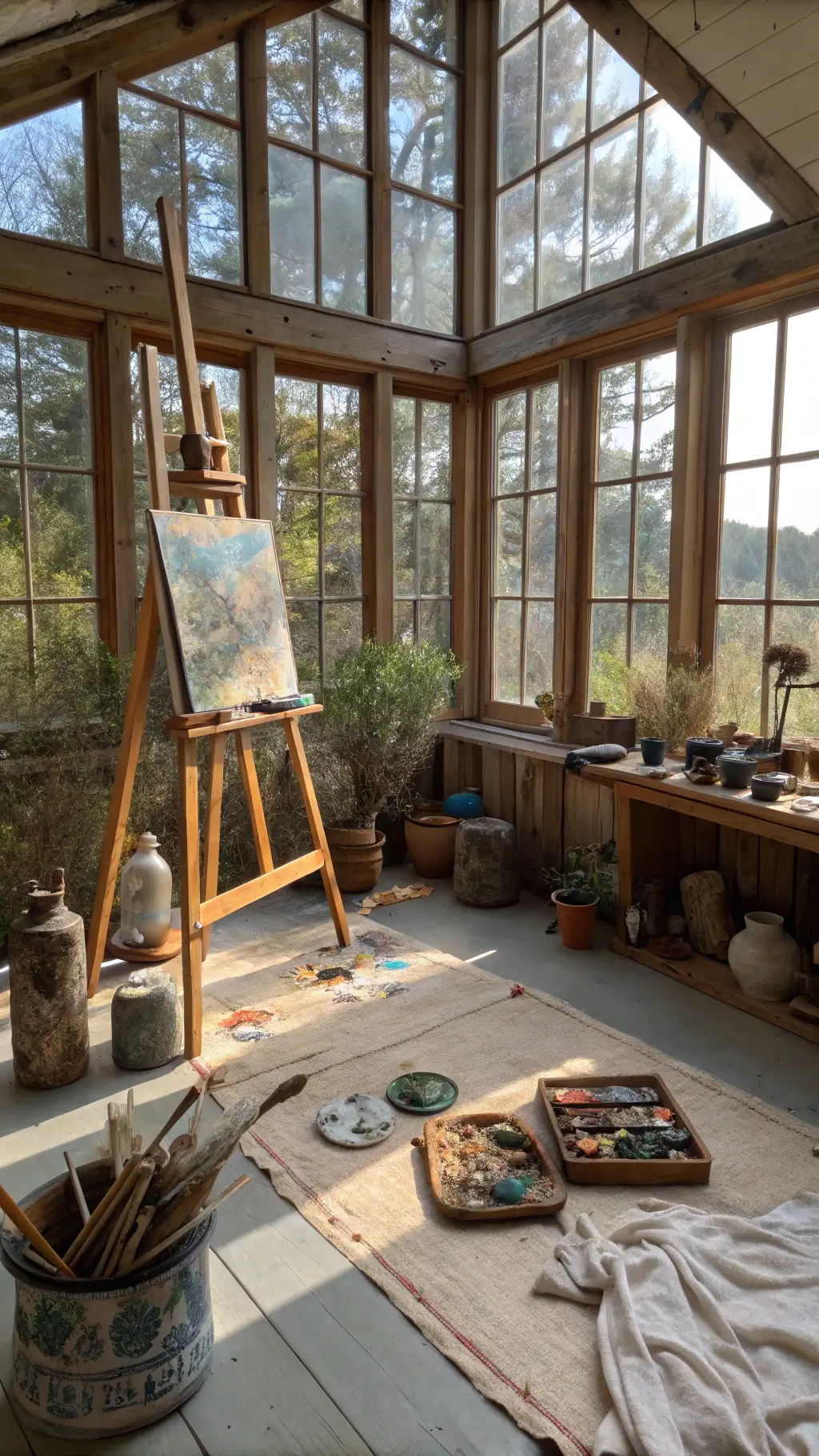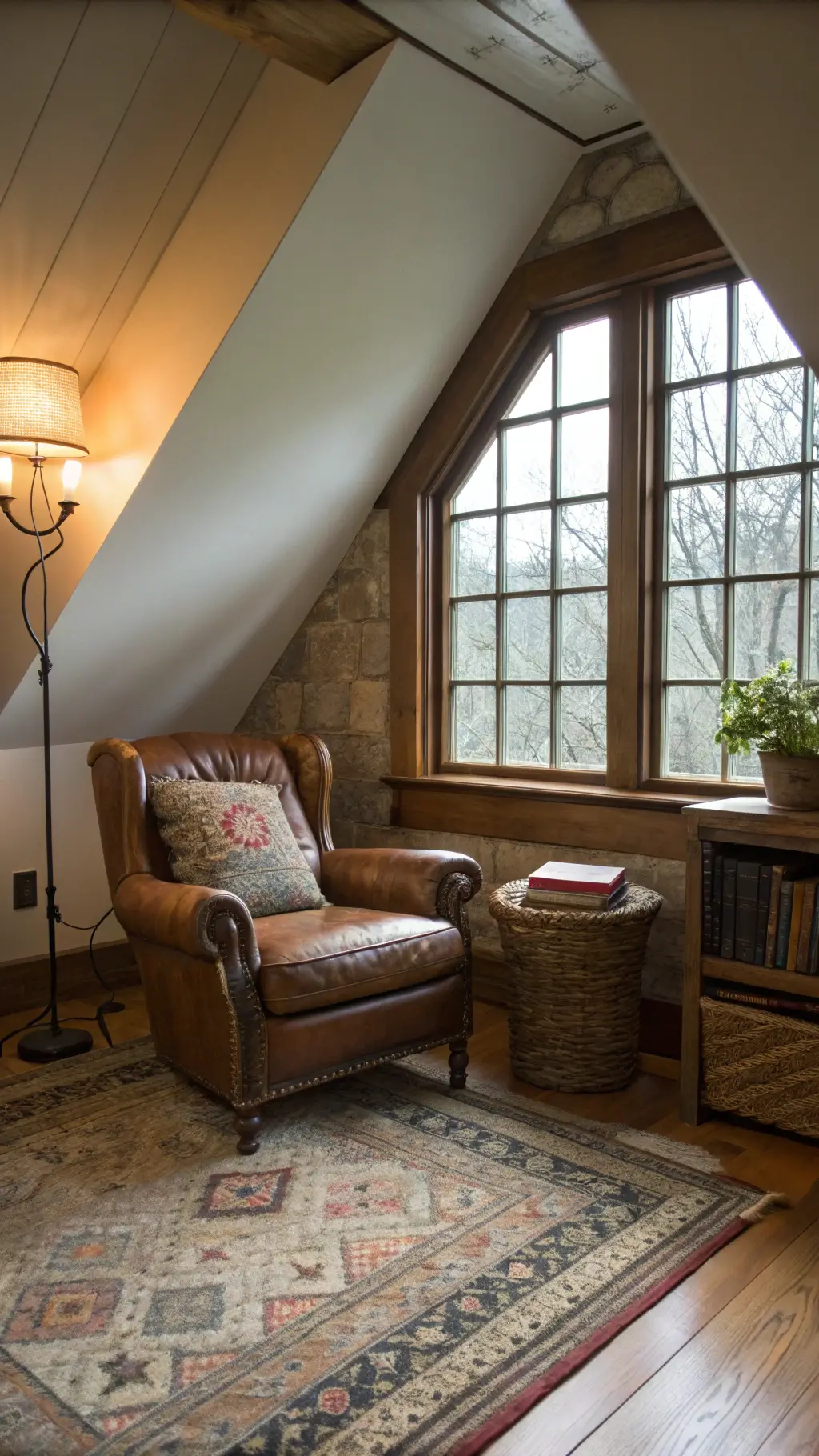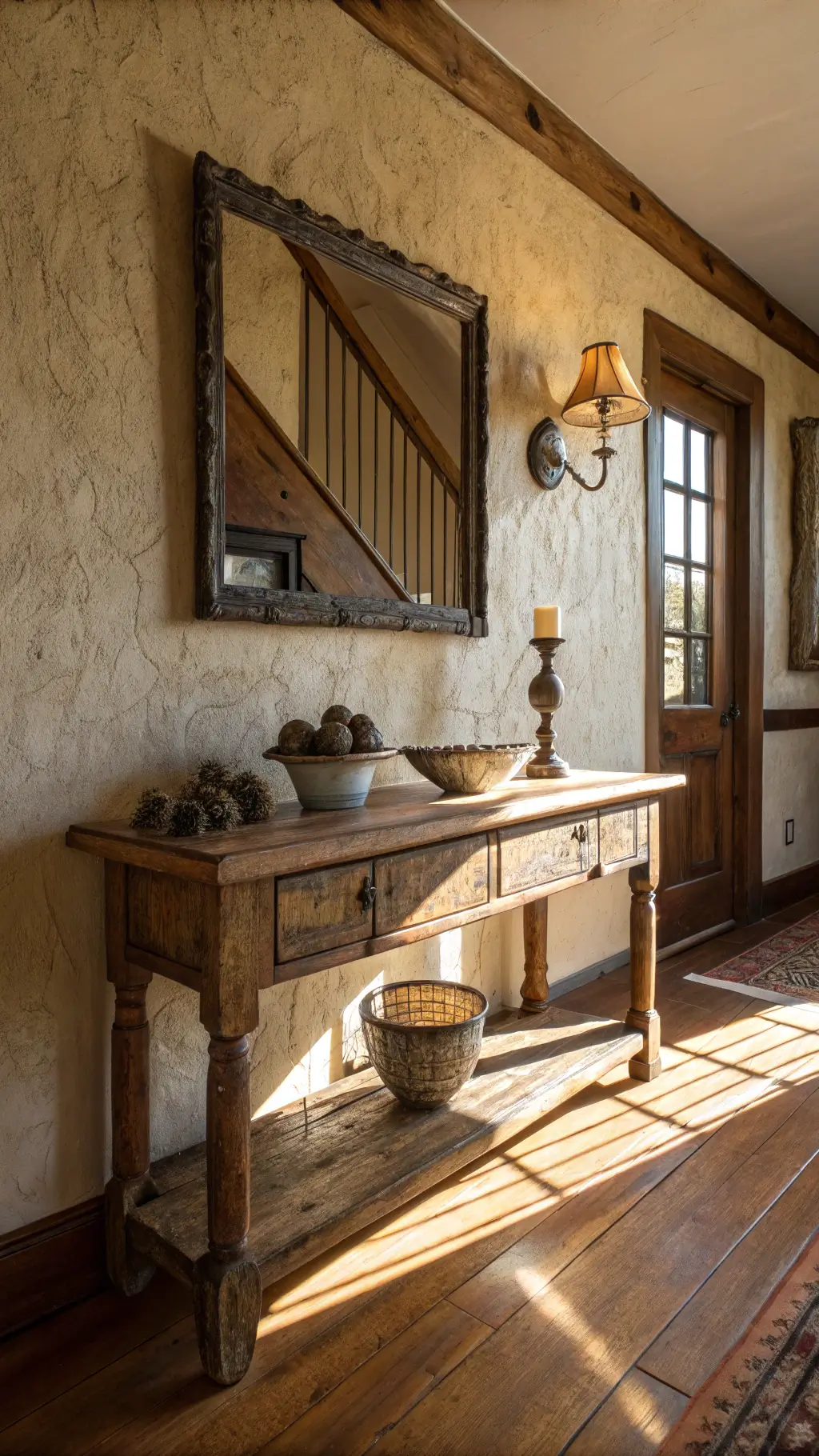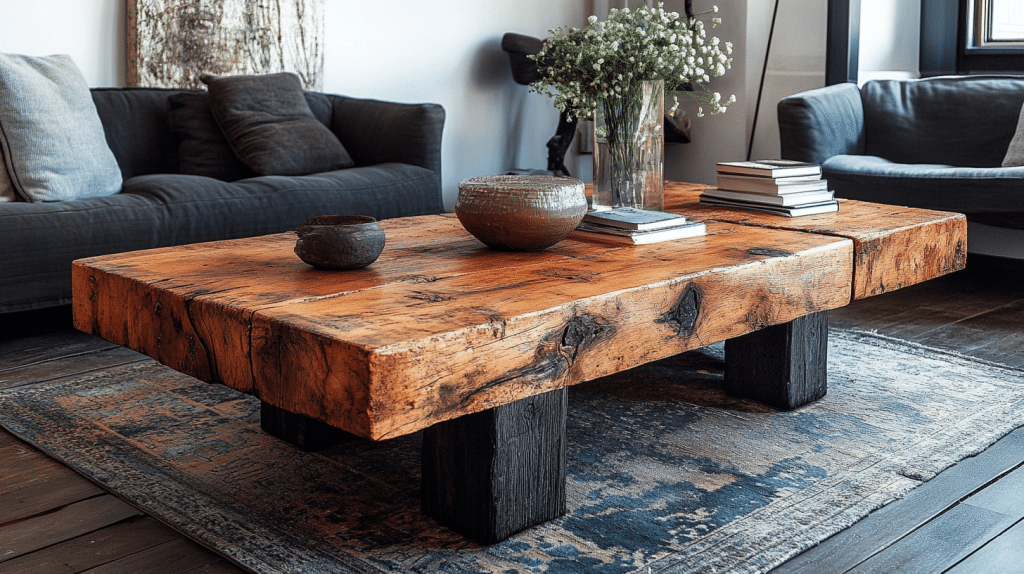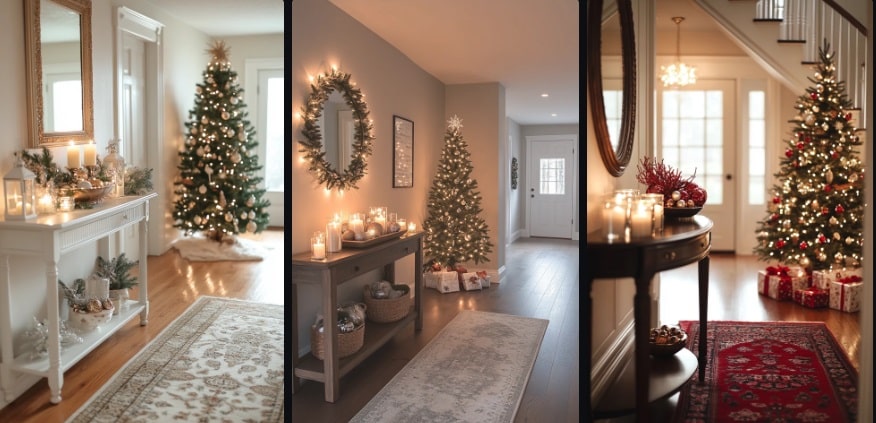Wabi Sabi Interior Design: Embracing Imperfection and Natural Beauty in Your Home
Hey there, design lovers! Ready to transform your space into a sanctuary of serene simplicity? Wabi sabi interior design is about to become your new obsession.
What is Wabi Sabi? The Art of Beautiful Imperfection
Imagine walking into a room that breathes calm, where every object tells a story of natural beauty and authentic living. That’s the magic of wabi sabi – a Japanese design philosophy that celebrates:
- Imperfection as true beauty
- Natural materials and textures
- Simplicity and mindful living
- The beauty of aging and weathering
Getting Started: Your Wabi Sabi Design Toolkit
Essential Materials
- Raw wood furniture
- Unglazed ceramics
- Natural linen textiles
- Stone and clay accents
- Weathered metal elements
Color Palette: Nature’s Soft Whispers
My favorite wabi sabi color scheme includes:
- Soft grays
- Warm taupes
- Earthy clay tones
- Muted greens
- Natural whites
Pro Styling Secrets
1. Embrace Imperfection
- Keep that chipped ceramic bowl
- Celebrate wood grain and natural knots
- Allow textiles to wrinkle naturally
2. Less is Absolutely More
- Clear unnecessary clutter
- Create breathing space
- Focus on meaningful pieces
3. Texture is Your Best Friend
Combine contrasting textures like:
- Smooth clay with rough-hewn wood
- Soft linen against stone surfaces
- Wrinkled fabrics beside sleek ceramics
Budget-Friendly Wabi Sabi Tricks
- Thrift vintage pieces with natural wear
- Collect found objects from nature
- DIY simple pottery or textile projects
- Repurpose existing items with a wabi sabi mindset
Room-by-Room Wabi Sabi Inspiration
Living Room
- Low wooden coffee table
- Handcrafted ceramic vase
- Linen throw with visible weave
- Single branch in a minimalist vessel
Bedroom
- Tatami mat or natural fiber rug
- Asymmetrical artwork
- Soft paper lantern
- Handwoven textiles
Pro Tip
The goal isn’t perfection, but authentic beauty that tells a story.
Seasonal Refresh Ideas
- Spring: Delicate blossoms
- Summer: Dried grasses
- Autumn: River rocks and pinecones
- Winter: Bare branches
Common Mistakes to Avoid
- Overcrowding spaces
- Using too many bright colors
- Forcing symmetry
- Buying mass-produced “perfect” items
Budget Breakdown
- Thrifted finds: $10-$50
- Artisan pieces: $50-$300
- Core furniture: $200-$1000
Final Thoughts
Wabi sabi isn’t about creating a picture-perfect home. It’s about creating a space that feels genuinely you – worn edges, meaningful objects, and all.
Happy styling, friends!

